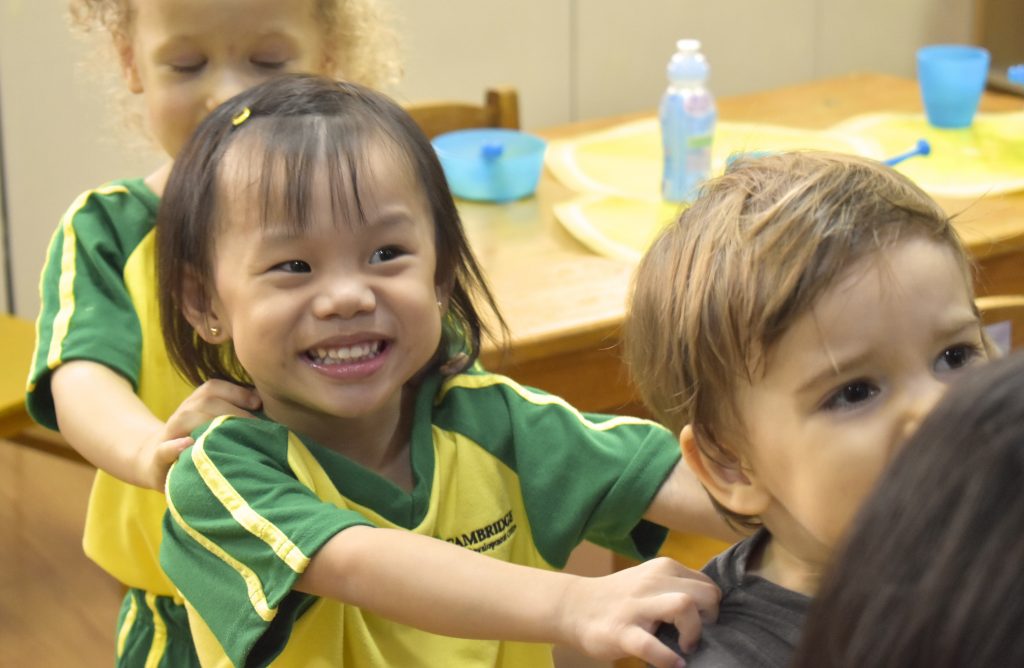
From Preschool to Gradeschool: Helping Your Child Transition
The transition from preschool to big school might seem little to us but they’re seismic to our children. Their future happiness and fulfillment may depend on how well they handle the changes in their environment.
Even though it’s just moving up a year, they will be going to a larger, and more imposing campus. The play-based classes of preschool will be replaced with structured studies and students will receive grades to rate their progress. They will have more rules to follow and more classmates to adjust to. Class sizes increase from 10-12, to over 20 students per class. Children may not be comfortable looking for support because they’ll be unfamiliar with the teaching staff.
What could help them adapt to these changes?
The key might come from a study told by journalist and best-selling author Malcolm Gladwell in his book Outliers: The Story of Success. He pointed out that successful hockey players in his native Canada were more than likely born early in the year. That’s because children born in January have a longer time to prepare for the hockey leagues than those born in December. In other words, children with more preparation have better chances to succeed. This observation, called the Relative Age Effect or Matthews Effect, can be found in other sports and fields—including academic ones.
As a parent there are many things that you can do to help. Here are five.
Bring them to school before classes start. Strange places are scary but familiar ones are not. Have them explore the new environment before their first day through a school visit or a class trial.
Build-up your child’s excitement. Share with them the fun, new activities that awaits them. Maybe even start at home! Your preschool’s teacher may help you by sharing a routine that students do in school.
Go with a classmate. Find a fellow parent whose child is going to the same big school and arrange your children to go together. Having a buddy with them will make them feel more comfortable.
Enroll them in summer courses. Summer classes are a great way to get your children used to new routines, and new people. It also keeps them occupied and productive during the summer.
Support your child. Remind them that it’s okay to feel nervous. Help them identify their feelings and reassure them that if anything serious happens, you’ll be there.
If you want to know more about how you can help your child transition, reach out to your child’s teachers or enroll them in a summer course.
Looking for summer classes for your child? Click here to learn more about Cambridge CDC’s Summer Courses.
